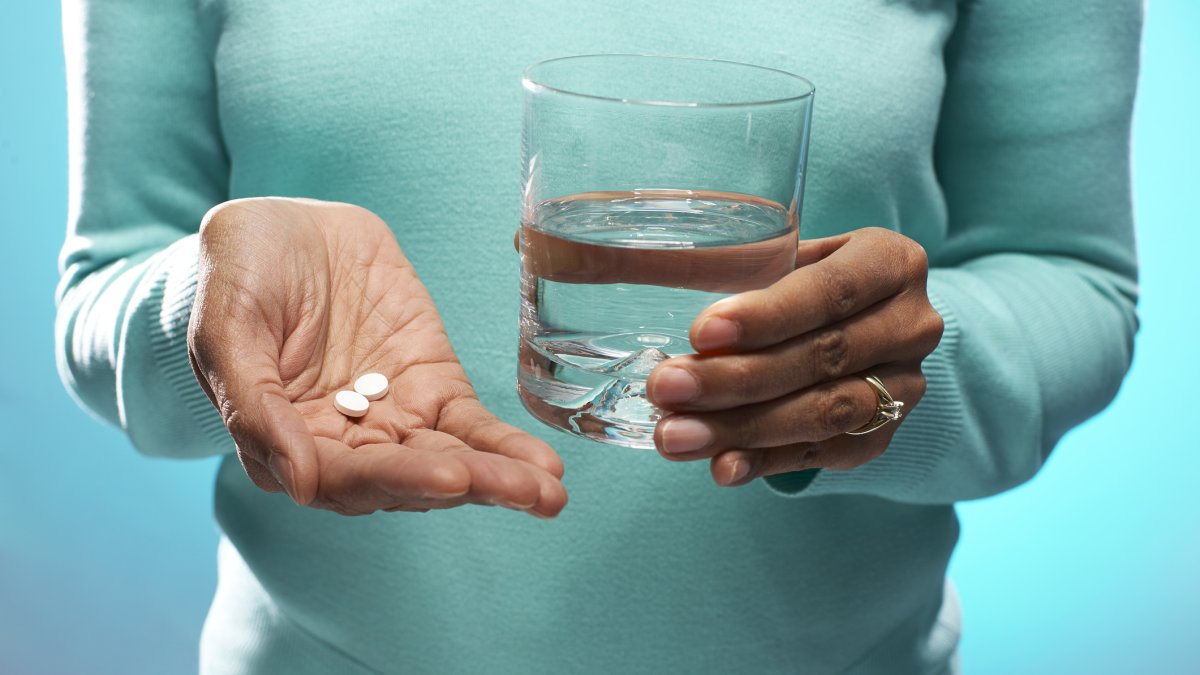Hormonal changes are often overlooked when it comes to mental health. Yet, for many people—especially women approaching menopause—hormone fluctuations can cause emotional shifts that mimic or worsen anxiety and depression. Hormone Replacement Therapy (HRT) has become a go-to treatment for menopause symptoms, but many are asking: can HRT cause depression?
In this article, we'll explore the difference between anxiety or depression caused by hormonal changes and clinical mood disorders, the role of HRT, and what you need to know before starting or continuing hormone therapy.

Understanding Hormonal Shifts and Mental Health
What Happens to Hormones During Menopause?
Menopause marks a natural decline in reproductive hormones like estrogen and progesterone. These hormones don't just regulate menstrual cycles—they also play a key role in mood regulation. When they drop suddenly, it can lead to:
-
Mood swings
-
Anxiety
-
Irritability
-
Feelings of sadness or depression
These symptoms can often feel very similar to clinical depression or generalized anxiety disorder, leading to confusion in diagnosis and treatment.
Is It Anxiety, Depression, or Hormonal Imbalance?
Many women in their 40s or 50s ask themselves whether they're truly depressed or just struggling with hormonal changes. That's where the distinction becomes important.
-
Hormone-related mood changes usually come in waves and are often tied to other menopause symptoms like hot flashes or insomnia.
-
Clinical depression or anxiety is persistent, severe, and can occur independent of hormonal changes.
Yet, the overlap can be so strong that healthcare providers often recommend treatment for both. But before diving into antidepressants or anti-anxiety meds, many turn to HRT as a first step.
What Is Hormone Replacement Therapy (HRT)?
HRT is a treatment used to supplement the body with either estrogen alone or a combination of estrogen and progesterone. It is designed to ease menopause symptoms such as:
-
Hot flashes
-
Vaginal dryness
-
Bone loss
-
Mood instability
For many, HRT provides relief not just physically but emotionally. However, concerns have emerged around the question: can HRT cause depression?
Can HRT Cause Depression?
This is a question gaining more attention in both clinical settings and online forums. The answer isn't black and white. Can HRT cause depression? In some cases, yes—but not always.
When HRT May Trigger Depression
-
Wrong hormone combination: Everyone's hormone levels are unique. Some women may react negatively to synthetic hormones, especially progestins.
-
Existing mental health conditions: If someone already has a history of depression or anxiety, introducing new hormone levels might worsen the symptoms.
-
Improper dosage: Too much or too little hormone replacement can throw the body's natural balance off, potentially affecting mental health.
When HRT May Actually Improve Mood
Many women report improved mood and mental clarity after starting HRT. Research shows that HRT can help stabilize mood fluctuations, particularly in perimenopausal women. The key lies in personalized treatment, ongoing monitoring, and regular communication with your healthcare provider.
Symptoms to Watch Out For
If you've recently started HRT and notice any of the following symptoms, it's time to ask yourself—can HRT cause depression in my case?
-
Persistent sadness
-
Lack of interest in usual activities
-
Increased irritability
-
Anxiety or panic attacks
-
Trouble concentrating
While these may be common menopause symptoms, they could also be your body's reaction to HRT.
Diagnosing the Root Cause
If you're experiencing mood issues while on HRT, a comprehensive evaluation is necessary. Your healthcare provider may:
-
Conduct blood tests to check hormone levels
-
Review your mental health history
-
Adjust your HRT dosage or formula
-
Refer you to a mental health specialist
Understanding whether your symptoms are hormone-induced or part of a broader mental health condition is crucial for effective treatment.
Managing Side Effects: What You Can Do
1. Track Your Symptoms
Keep a daily journal of how you feel—emotionally and physically. This can help your doctor identify patterns and adjust your HRT accordingly.
2. Review Your HRT Plan
If you're asking yourself, can HRT cause depression?, talk to your doctor about switching from synthetic to bioidentical hormones or adjusting your dose.
3. Incorporate Lifestyle Changes
-
Exercise: Regular physical activity boosts mood-regulating endorphins.
-
Nutrition: Omega-3s, B-vitamins, and protein-rich foods support hormone balance.
-
Mindfulness: Practices like yoga, meditation, and breathwork reduce stress and anxiety.
4. Mental Health Support
Don't rule out therapy or counseling. Talking to a professional can help you navigate both the emotional and physiological changes of midlife.
Benefits of HRT Beyond Mood
While the focus here is mental health, it's worth noting that HRT also offers several physical health benefits:
-
Prevents osteoporosis
-
Reduces risk of colorectal cancer
-
Enhances skin elasticity
-
Improves sexual health
So while the question can HRT cause depression? is important, it should be weighed against the many advantages HRT provides when administered correctly.
When to Stop or Switch HRT
If you find that your depressive symptoms worsen over time, or don't improve after 3–6 months of treatment, talk to your doctor. You may need to:
-
Switch from oral HRT to patches or creams
-
Try a different combination of hormones
-
Discontinue HRT and try alternative therapies
Your mental health is just as important as managing menopause symptoms.
Final Thoughts: Balance Is Key
So, can HRT cause depression? The answer is: it depends. For many, HRT alleviates depression and anxiety caused by hormonal imbalance. For others, especially those with a history of mood disorders or sensitivity to synthetic hormones, it might trigger unwanted emotional changes.
The most important step is individualized care. Work with a provider who understands the delicate connection between hormones and mental health. With proper evaluation and monitoring, HRT can be a life-changing treatment that helps you regain emotional stability and enjoy this next chapter with clarity and confidence.





